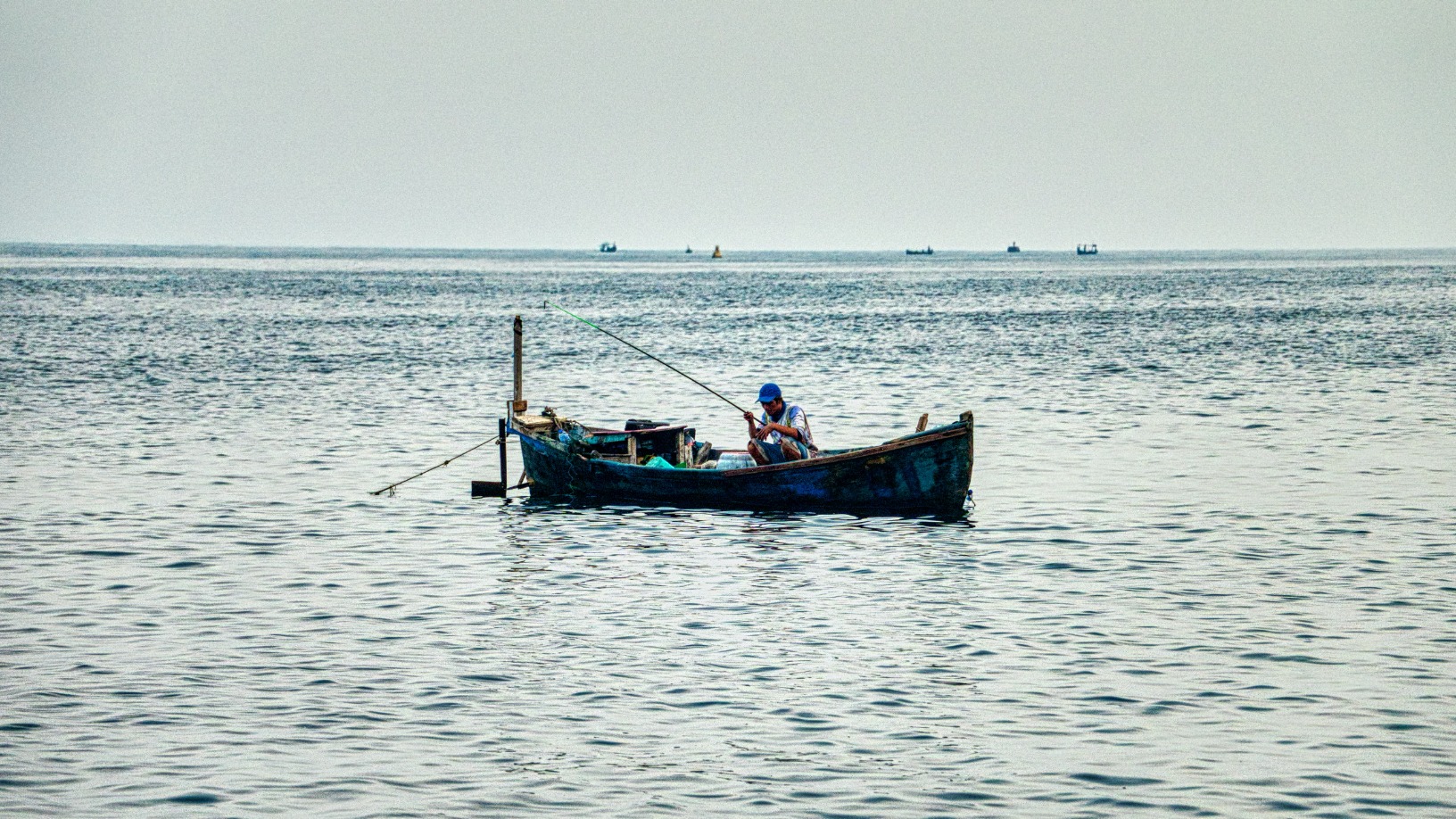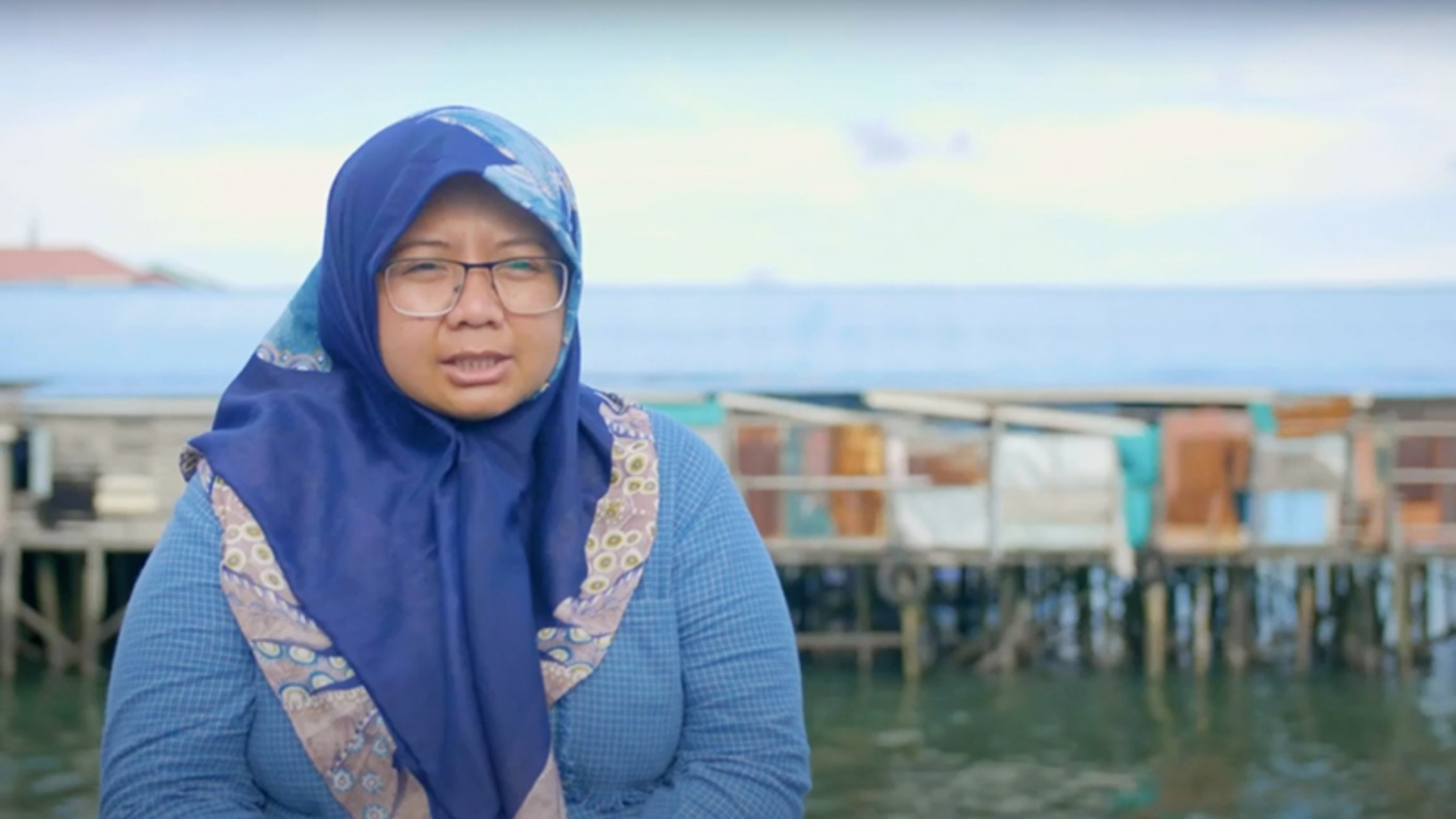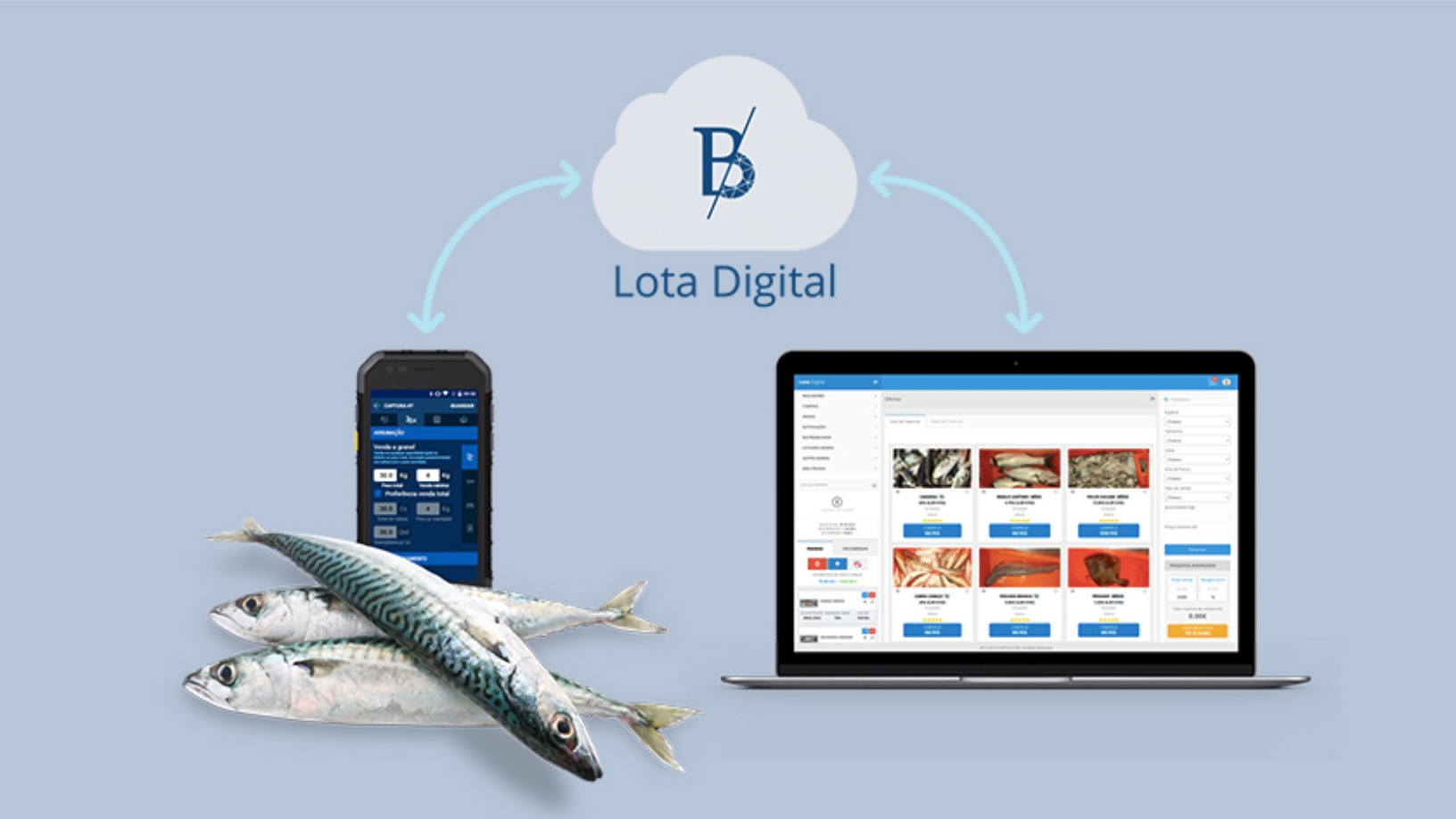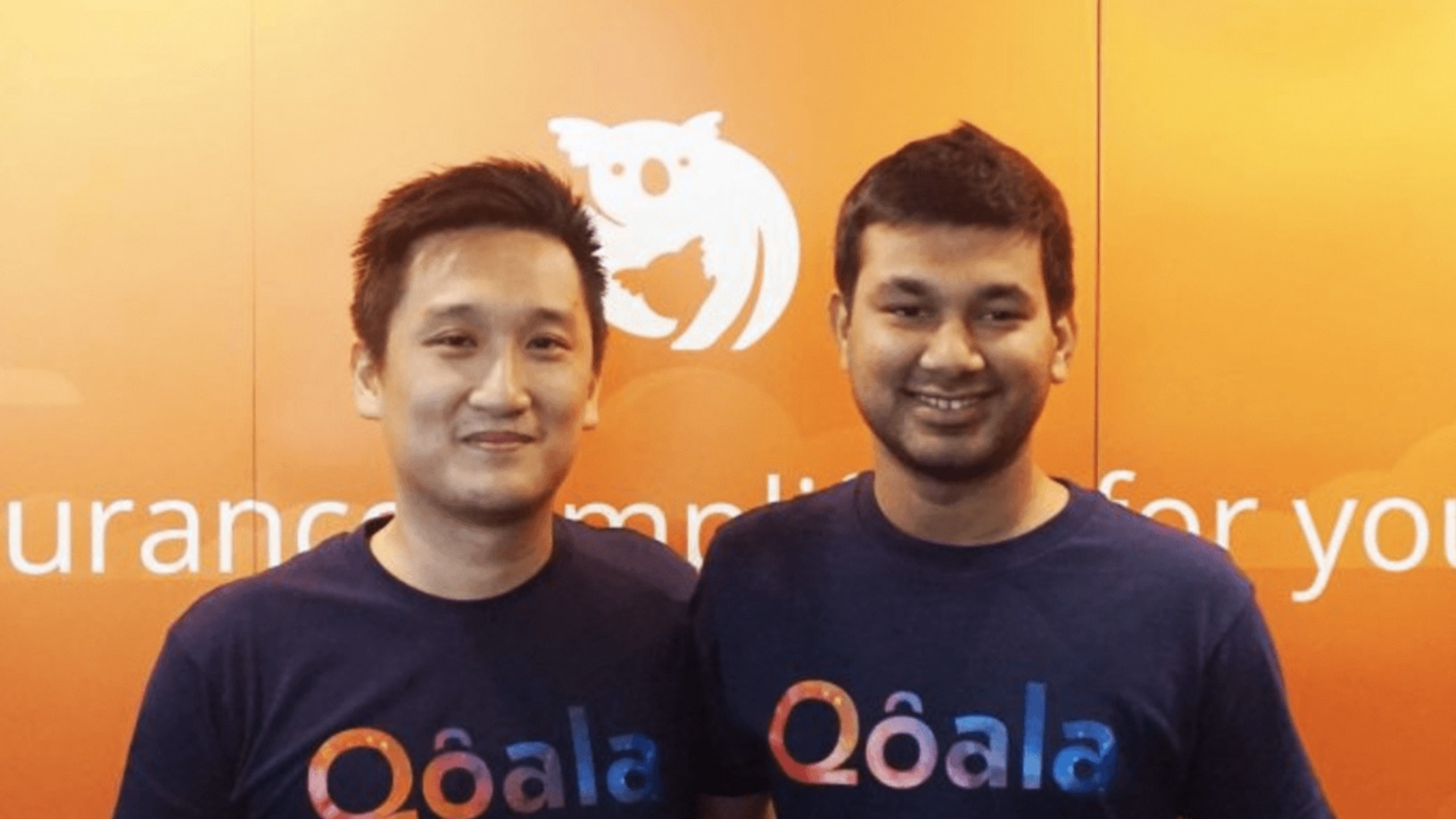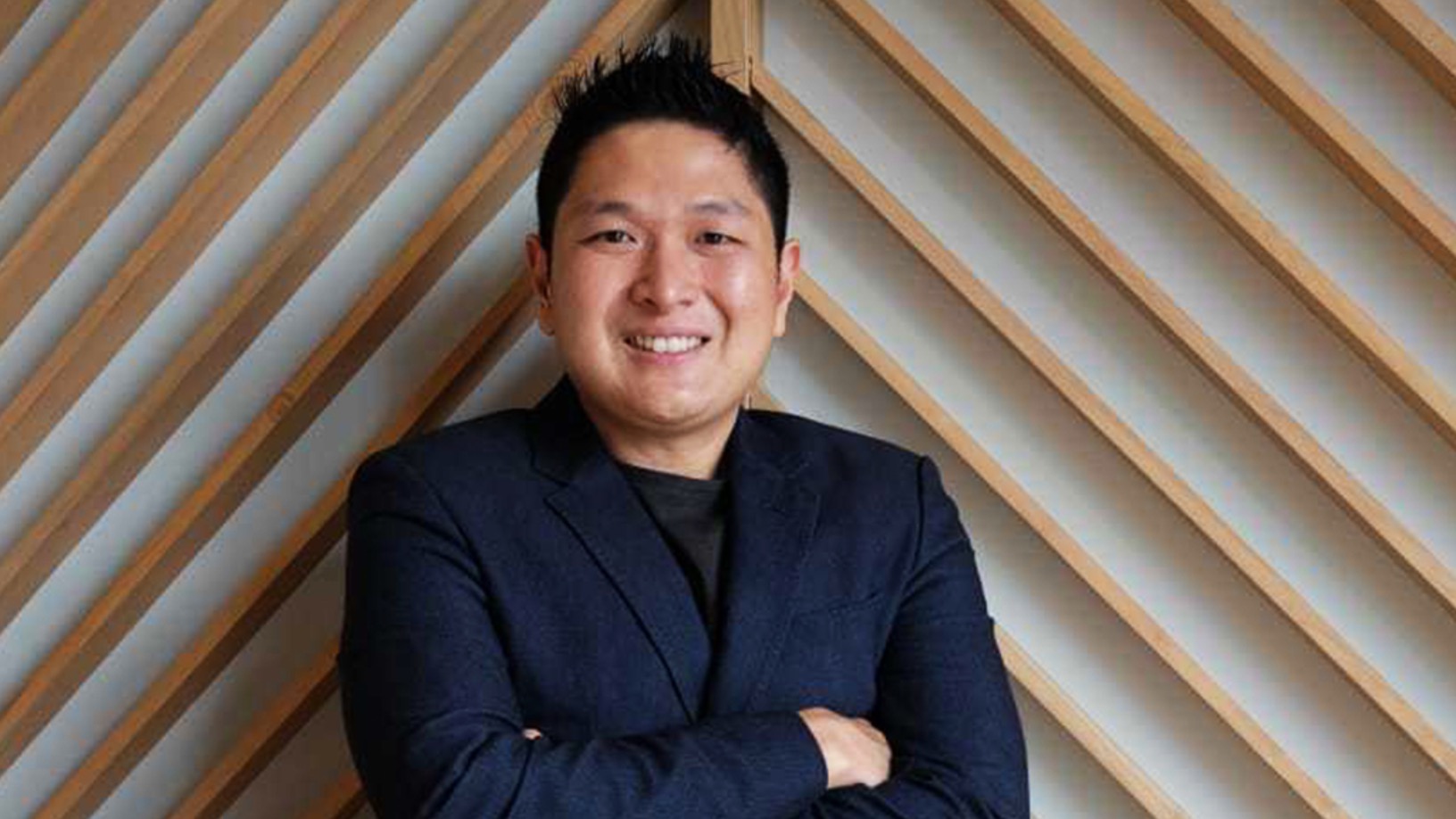The Covid-19 pandemic and its toll on the economy has jeopardized many startups’ operations in Indonesia. Companies have had to delay expansion plans, lay off staff or even close down. Fish trading e-commerce startup Aruna, however, saw an opportunity in fulfilling local demand as the export market flagged.
Building upon the foundation it laid in 2019, the company accelerated its expansion locally, working with major e-commerce platforms to launch its own B2C brand while also securing B2B demand. The plan was a success and Aruna experienced a major boost in revenue in the first half of the year.
The company also maintained “healthy unit economics,” CEO and co-founder Farid Naufal Aslam said, referring to the profitability of offering one unit of its product. Such success led to a $5.5m pre-Series A funding round closed in August with investors East Ventures, Sinar Mas Digital Ventures (SMDV) and AC Ventures, giving Aruna a boost for further expansion plans.
Aslam co-founded Aruna with fellow Telkom University Bandung graduates Indraka Fadhillah and Utari Octavianty in 2016, seeking to use internet technology to help local fisherfolk to gain fairer prices and a sustainable livelihood. Fadhillah is currently the company’s COO while Octavianty is the director-general.
CompassList caught up with Aslam earlier in November to learn how Aruna has managed to thrive during the pandemic and how it plans to continue growing in the new year. We last spoke with Octavianty in 2019, when she recounted the startup’s efforts to build a community of fishermen who could sell their high-value catch to the export market.
Indonesia fell into recession for the first time in two decades as its GDP declined 3.49% in the third quarter this year from the 2019 period, and after a 5.32% contraction the previous quarter.
This interview has been edited for length and clarity.
How did the fish market change, in terms of both domestic sales and exports, during the early months of Covid?
Early on, Aruna did a lot of export transactions and in 2019 most of the transactions were for the export market. Going into 2020, we noticed a change in the market. One of our main markets is China and there's usually a big demand for fresh fish from Indonesia at the beginning of the year. But this year we didn't see the peak. There was an increase, but not as significantly as the previous year's. We talked to our customers to get some information and we learned about the Covid situation from them.

We realized that we had to diversify our export market, and not count on just one country. We also tried to strengthen our domestic approach. In February, we entered the domestic market one month before the first Covid case was confirmed in Indonesia so we had begun diversifying our portfolio.
When we entered the domestic market, we saw that the percentage of fish consumption was quite small. But volume-wise, because our population is pretty big, the demand is actually quite significant. Growth-wise, the percentage of domestic sales has almost equaled our export sales – now around 40%.
There was a 40% increase in demand for frozen fish in March so when we entered the domestic market, it was at the right moment – when demand was high. What's positive is that the domestic market has a lot of potential. Our export market is still growing, but in Covid conditions the domestic market is growing faster.
In some media reports, it was mentioned that Aruna's revenue in the first half of this year grew 86x year-on-year.
Yes, that’s right. In 2019, we raised seed funding from SMDV, East Ventures and AC Ventures, and we used the funds to focus on developing more fishing communities. So our transaction volumes grew significantly.
We built up our foundations by expanding across Indonesia in 2019, and in 2020 we saw results from which we could push growth. Also, originally, we planned to start our domestic expansion in 2021, but due to Covid we moved it forward to 2020. That made the growth much faster because we managed to grow both the domestic and export markets.
As an aside, is your domestic expansion strategy only through B2C? I noticed that you are not building your own platform.
We don't want to build a new front-to-end platform that might be more hassle for consumers, so we looked at the big marketplaces such as Tokopedia, Bukalapak and Shopee for opportunities to collaborate. In our discussions, we found that their fresh produce verticals were growing, including seafood, so we began working with them to launch official stores. We also work with other more specialized stores such as Sayurbox and Tanihub.
Beyond online, we have also entered a more general offline market, such as supporting wet-market sellers and food manufacturers that need a continuous affordable source.
Aruna raised pre-A funding of $5.5m in August. How long were you in discussions for the round?
In the second quarter, we provided updates on our achievements and as shareholders we decided that we could not hold back Aruna's growth momentum. Some investors thought that it was the right time to grow through fundraising in order to not miss the growth in demand. The discussions didn't take long since Covid-19 happened and many investors moved quickly to invest in our company.
Investors are more cautious in the pandemic. Were there any concerns from their side?
Some of the concerns were in terms of the international market and logistics. They wanted to know how we could implement our strategies during Covid. Things like expanding our presence to various areas and considering the conditions in our target markets. We convinced our investors that we have strategies that we could implement, and that we can expand our supply network despite Covid. We also diversified our market, seizing new opportunities in the international and domestic markets, and we launched our consumer brand.
Even before Covid, we had significant growth. This is our time to stand out, we can position ourselves as a leader in fishery e-commerce
We also developed a narrative that during the economic troubles of Covid-19, strong companies at the forefront of their industries will emerge. This is what Aruna wants to go for. Even before Covid, we had a head start and significant growth. This is our time to stand out, where we can position ourselves as a leader in fishery e-commerce.
During the pandemic, were there any big changes in terms of opex and capex? Did you have to cut costs?
We are still enjoying growth, but we have made efficiency measures related to Covid. For example, we have reduced travel expenses, which were one of our biggest expenses before. Our team has managed to adapt and achieve their goals without making onsite visits or doing costly surveys. We have not done any retrenchment.
On the other hand our recruitment activities are still ongoing because we have to keep on growing and we must seize the market opportunity.
In terms of capex, we adjusted our timeline. Because of the lockdown, development in the regions has to be delayed because of restrictions on logistics and suchlike. The development was restarted after restrictions were relaxed and now we are planning to increase capex.
We have more targets to pursue because of the significant growth we are now overachieving. The target we set last year was achieved in the third quarter, and we can grow further so we have revised our target upward.
In terms of profitability, what's the current situation?
Our unit economics have always been healthy. In the fishery sector, the supply chain is very long so we can really get better margins and improve our unit economics if we optimize some parts of it. As the volume of orders increases significantly, we can say that we are in a very healthy situation. So our fundraising was not meant to cover expenses but directed more toward expansion. We want to seize the moment that we have now.
We need investors that provide strategic value-add to our company
Any plans to raise further funding?
Of course, we plan to keep developing Aruna further. We hope to talk more about this with investors next year. We want to keep developing Aruna to the global level and we'd need funding for that.
What we need to figure out is how to get the right funding. We might not need so much in terms of the quantum because our unit economics are good, but we need investors that provide strategic value-add to our company. For example, investors that can help us explore new markets or who can provide the things that we need.
In general, how do you think the market will develop in the coming year?
I think that the market will shift back toward food services, with the vaccine coming and the vaccination process starting in many countries. Once that's done, demand will probably shift to pre-pandemic patterns. Volume-wise it may be bigger than pre-pandemic, because people are diversifying their healthy food inputs.
What we need to deliver are high quality products because people are more sensitive about health concerns now. They are buying products with hygiene and traceability values. Many countries are requesting traceability and this is what Aruna has pushed for from the start.
People are more sensitive about health concerns now. They are buying products with hygiene and traceability values
Besides infrastructure development and expanding your supply network, how do you plan to use the pre-A funding?
Tech is definitely crucial for traceability and collecting other information. We want to develop a seamless platform that can be used everywhere in Indonesia. The challenge is that telecommunications infrastructure is not developed equally across the country.
Our theme for the app is offline first and the app will be usable even when there's no signal. It will synchronize when users get reception. That's our focus for 2020 to next year: implementing digital technology to make the movement of information seamless from the fishermen all the way to the consumer.
We also want to develop more quality-control measures. We are beginning to explore implementing IoT in the supply chain for cold-chain monitoring and overseeing distribution. Our target is to begin implementation next year. Also, we are developing new capacities and regions that we didn't reach before. Many fishermen want to register with Aruna, but we have to make sure that their area has infrastructure to support our operations there.
